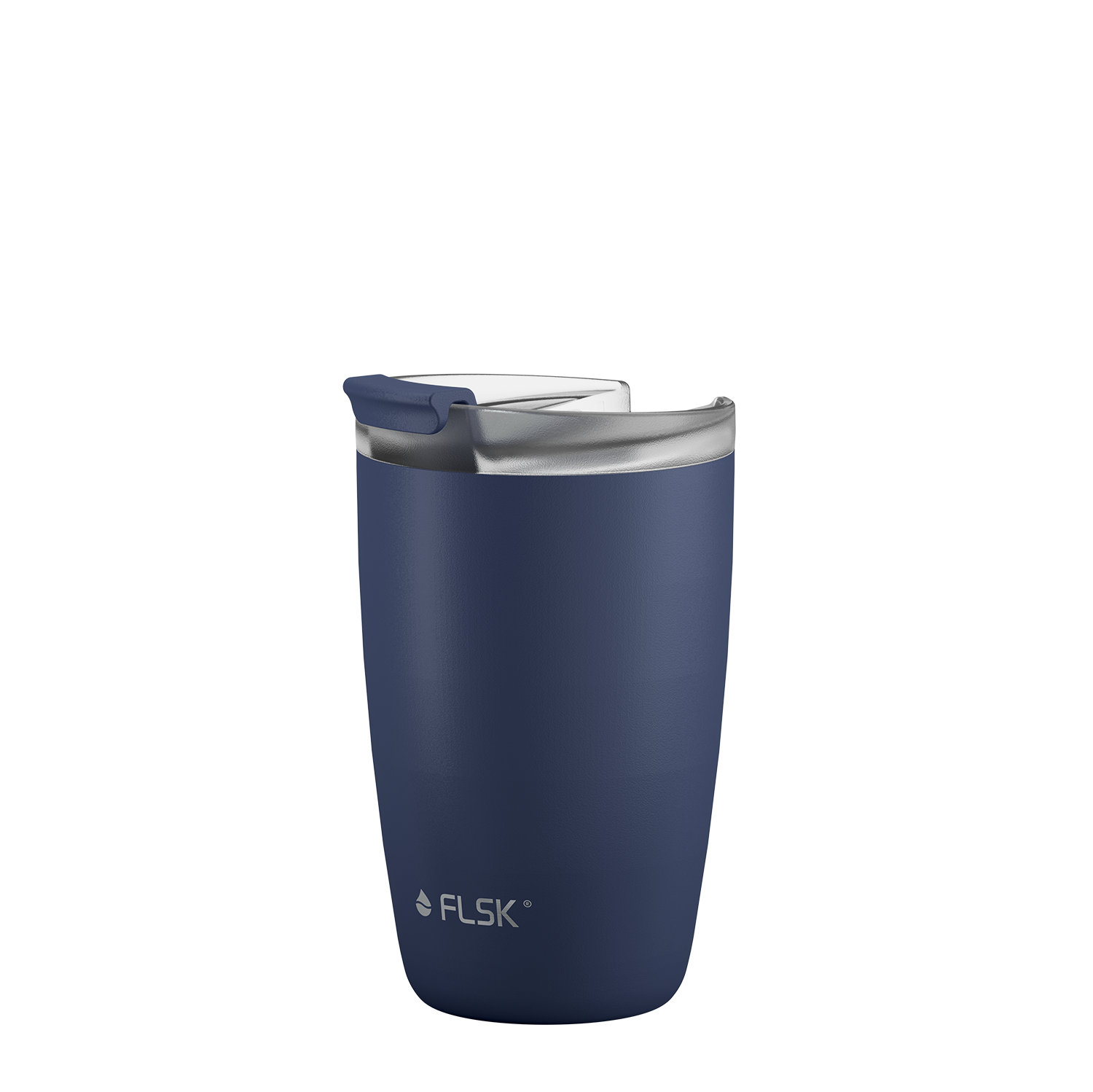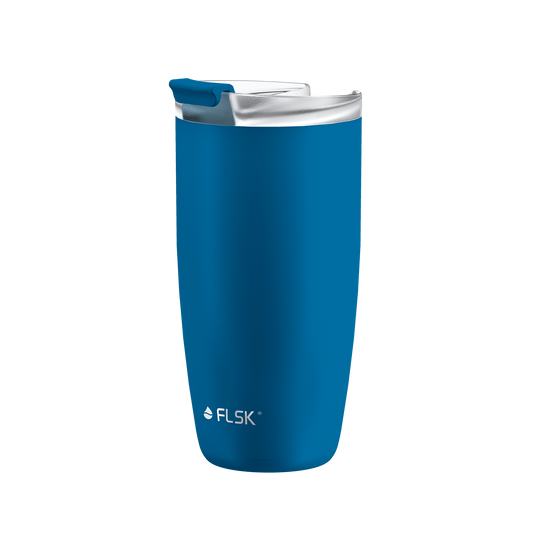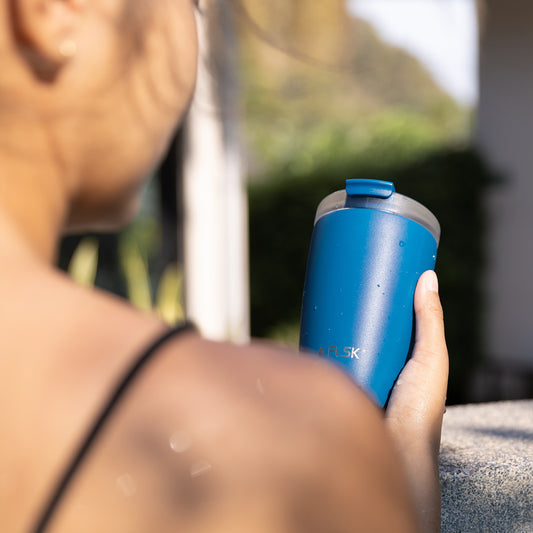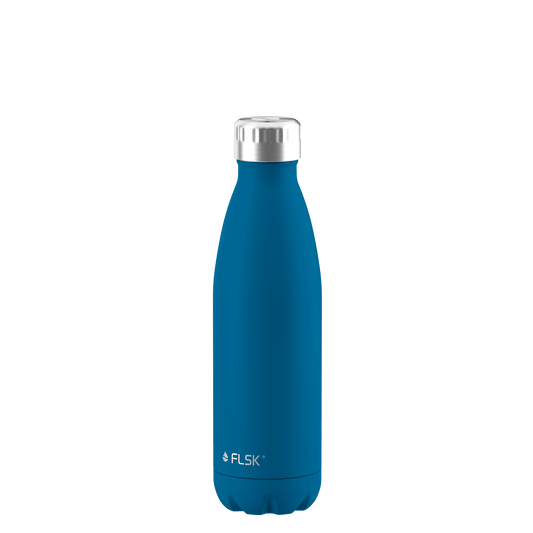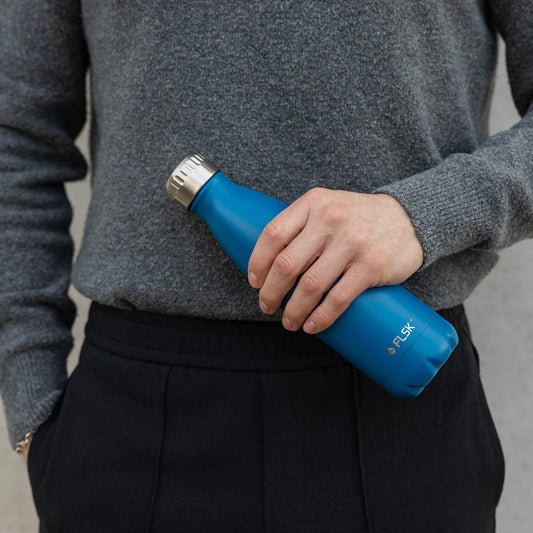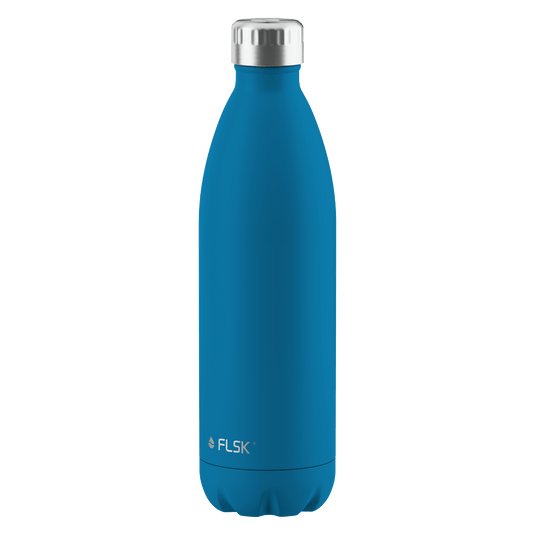A small porpoise with a big problem
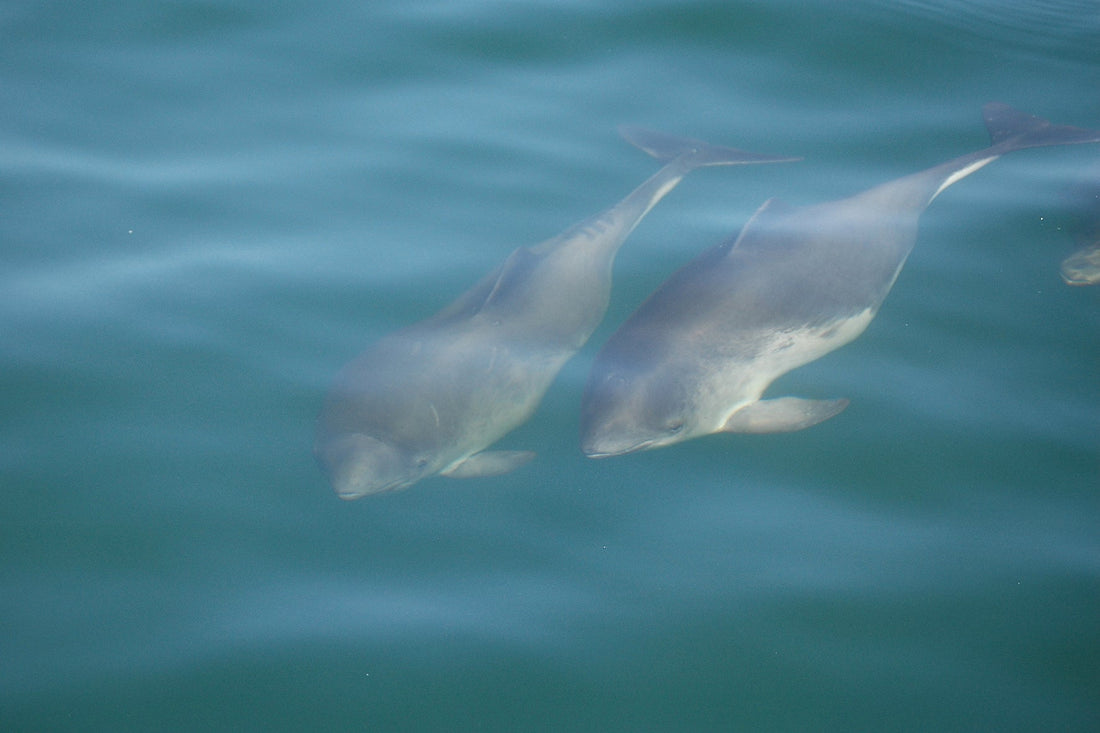
Invisible nets, visible danger
Few people know it, but Germany has its own whale: the harbor porpoise. Small, shy, and lightning-fast, it has unfortunately become almost invisible. Once common in the North and Baltic Seas, it can now only be seen with great luck. The situation is particularly dire in the central Baltic Sea, where just around 450 individuals are fighting for survival—a distinct population where every single whale counts.
Although there are several protected areas in German waters, porpoises remain in constant danger. The greatest threats to these animals are bycatch, underwater noise, pollution, and overfishing. Porpoises emit sound pulses via a special organ in their heads, the so-called "melon," to orient themselves using echolocation. However, the fine-mesh gill nets produce hardly any echo, which is why the porpoises often swim directly to their deaths.
What makes the porpoise so unique?
To survive in the cold waters of the North and Baltic Seas, the porpoise, measuring just one to two meters in length, must constantly hunt. It hunts up to 500 fish per hour, with an impressive success rate of around 90 percent. Its small size makes it particularly agile; it can reach speeds of up to 22 km/h while hunting. Porpoises dive for four to six minutes and reach depths of up to 200 meters. Impressive, eh?
Despite their small, shy nature, these animals contribute amazing things to the ecosystem. Their excretions fertilize the ocean's phytoplankton, tiny plants that absorb CO₂ from the atmosphere and convert it into oxygen. Through their constant swimming and diving, they also distribute nutrients throughout the ocean.
Small but mighty: porpoises are true climate heroes in miniature format.
June is all about our oceans, as it's World Oceans Month! June 8th, as the official World Oceans Day, is especially important. At FLSK, it quickly became clear to us: We wouldn't let this issue slip through our fingers. After all, the oceans produce more than 50% of the world's oxygen, so ocean conservation concerns us all.
During our research, we came across the organization Whale and Dolphin Conservation (WDC) ( @whalesorg_de ), the only organization in Germany dedicated exclusively to the protection of whales and dolphins. As a role model, the organization is on the front lines of protecting our native marine mammals. To support this project, FLSK will donate €1 to WDC for every bottle and cup sold in June. Additionally, our Ocean drinking bottles are 10% off this month.
At FLSK, we even had the wonderful opportunity to conduct an interview with WDC. Katharina Loupal, responsible for corporate and public fundraising, took the time to answer a few questions about these impressive marine mammals.
How WDC is committed to conservation
"A small porpoise with a big problem," is how Katharina Loupal describes the dramatic situation. The WDC is working to improve this situation.
On the one hand, it's about imparting knowledge through educational work and public campaigns, raising awareness, and ultimately initiating a change in public thinking. At the same time, WDC is working at the political level to ensure that stronger protection laws are created and that existing protected areas are not just on paper but have a real impact. This includes the annual ban on gillnet fishing in German waters between November and January. Katharina Loupal points to a petition initiated by WDC that mobilized over 100,000 people.
Another important pillar of the work is scientific research: In close cooperation with partner institutions such as Pro Wildlife, the WDC collects crucial data that serves as the basis for political decisions.
How to support WDC and the conservation of porpoises
Partner organizations play a central role in the WDC's work. Through new collaborations, such as the current one with FLSK, we are able to reach new target groups who previously had little contact with marine conservation. This not only increases awareness of the threat to porpoises but also motivates them to take action themselves. After all, whale conservation is also climate protection: the more whales, the better for our climate.
But it's not just companies that can help, says Katharina Loupal; every individual can get involved, too. This starts with our own consumer behavior, for example, by consciously choosing sustainable products or avoiding single-use plastic. It helps to educate ourselves and bring the issues to the attention of family, friends, or school, because even if the ocean seems far away, its changes affect us all.
For children, WDC offers a dedicated website with games, craft ideas, and educational materials. Conservation kits for special occasions like birthdays also make the commitment to marine mammals tangible. The WDC website offers many other tips on how even the youngest children can become true ocean conservationists through play.
- Engraveable.
FLSK coffee cup
500 ml · ocean
- sold out
- Engraveable.
FLSK drinking bottle
500 ml · ocean
- sold out
- Engraveable.
